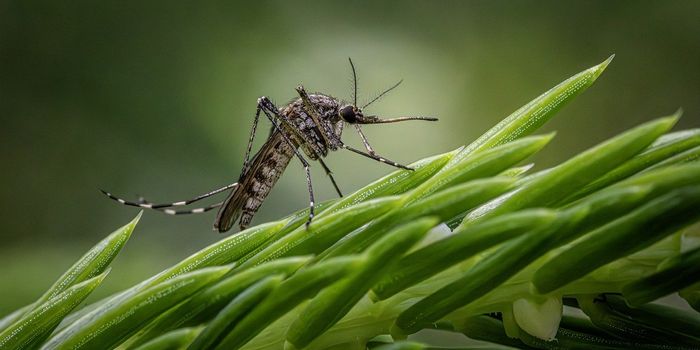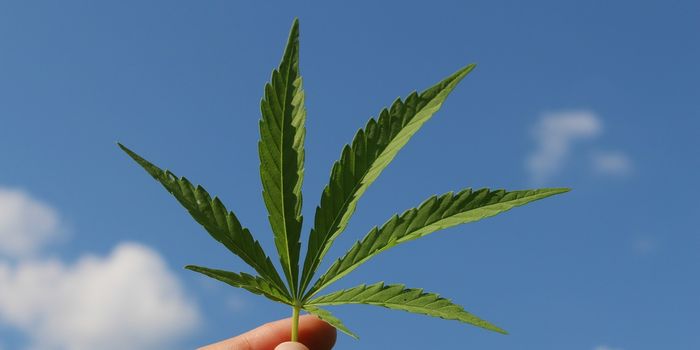Medicinal Marijuana Standards...Deterrent or Catalyst for Industry Legitimization
Medical marijuana often has stringent testing requirements not necessary for recreational marijuana; strict requirements in many states is what makes medical marijuana different from your general next-door neighbor growing a few plants at their leisure (where it is legal, of course). Some of the requirements include, but are not limited to:
- only certified, accredited laboratories can perform testing for medical cannabis (same accreditation as water or food testing facilities)
- individual strain and batch potency testing (THC, THCA, CBD, and CBDA at a minimum)
- microbial testing for contamination (bacterial and fungal)
- volatile organic compounds (VOCs) testing, and water source testing at the facility.
- laboratory personnel proficiency testing
- applications and licensing
- staff training at the dispensary
- money handling processes (very delicate in this industry), etc.
These challenging standards have been characterized by some as “Pharma-like” for compliance with state standards for dispensaries and/or research facilities. Each state that legalizes medical marijuana has their own regulatory standards for research, development, cultivation, testing, and dispensing of medical cannabis. The administrative “hoops” can be deterrents but we could also look at them as helping change the stigma of medical marijuana for providers and patients. The strict adherence to state standards (or national standards if we could get there….) can alleviate concerns about the consistency and purity needed to provide qualifying patients with the cannabis or hemp based medicinal products for therapeutic reasons.
Think about how we, as the public, feel confident that a traditional pharmaceutical has been vetted, trialed, and is “safe” if prescribed by a provider. We feel confident when we pick up our prescription from the pharmacy that the pills in that little bottle are each the same dose, contain no compounds or contaminants that may have snuck in there from the lab where they were made, and that they are labeled appropriately for tracking (batches and lots). The quality control (QC) and quality assurance (QA) processes from the laboratory to the pharmacy are well documented. Without this trail, would we feel as confident about what we get? A lot of money goes into this business of pharmaceutical QC/QA. When don’t we hear about the money spent for lobbyists, clinical trials, and research? Educators, medical professionals, and scientists look to the published research for guidance and what pharmaceutical aspect to explore next.
The scientific inquiry and QC/QA process is incredibly necessary for the medical marijuana industry; it is not only needed for policies and regulations guidance, but for good clinical research to make educated and informed decisions for patients and their therapeutic options. Is it possible that the more we legitimize aspects surrounding medical marijuana, the greater the potential for seeing, and therefore valuing, the complex plant genus and species that warrants additional medical research?










